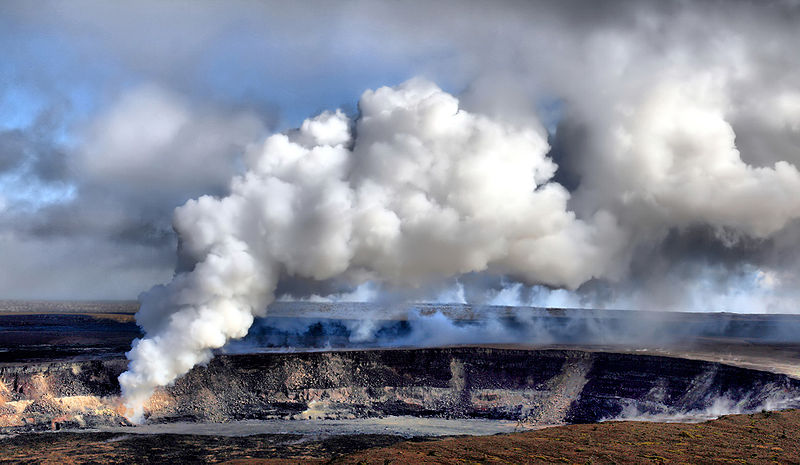The D.C. Circuit has upheld the Environmental Protection Agency’s conclusion that it could not say for sure whether three geographic regions were in compliance with an air-pollution rule on sulfur dioxide.
In an opinion Friday (Oct. 19) in Masias v. EPA, the court rejected arguments from three petitioners who claimed the EPA improperly designated areas of Kansas, Ohio and Colorado as “unclassifiable.”
The Clean Air Act requires the EPA to set maximum permissible concentrations of certain air pollutants called National Ambient Air Quality Standards. The agency must designate geographic areas as either meeting or violating the standards—or, if it cannot determine whether an area is in compliance based on “available information,” the agency can designate it as unclassifiable. In 2016, the EPA found that Wyandotte County, KS, Gallia County, OH, and Colorado Springs, CO were unclassifiable with regard to the air quality standard for sulfur dioxide, a toxic gas with a burnt match smell.
Petitioners challenged each of those designations, but in an opinion by Judge Williams (joined by Judges Tatel and Millett), the court rejected the challenges. The court dismissed the Kansas-based petition for lack of standing and denied the Ohio and Colorado petitions on the merits. The court applied the same standard of review as it does under the Administrative Procedure Act and affirmed the EPA’s actions because the record showed the agency considered all relevant factors in its designations and articulated a rational connection between the facts it found and the designations of unclassifiable.
![]()

